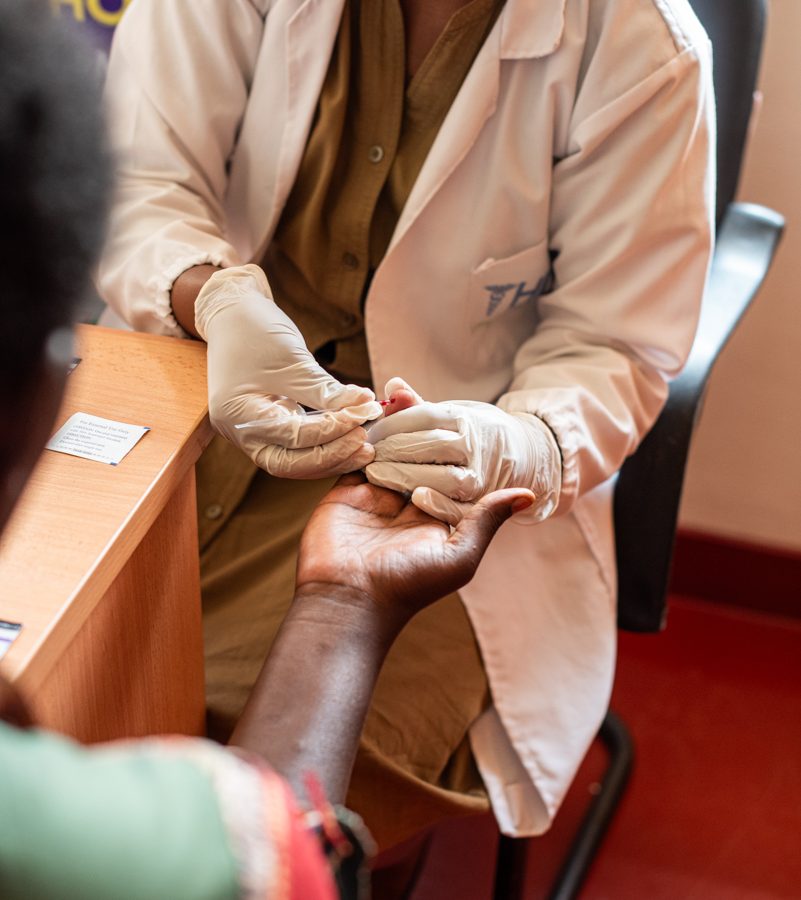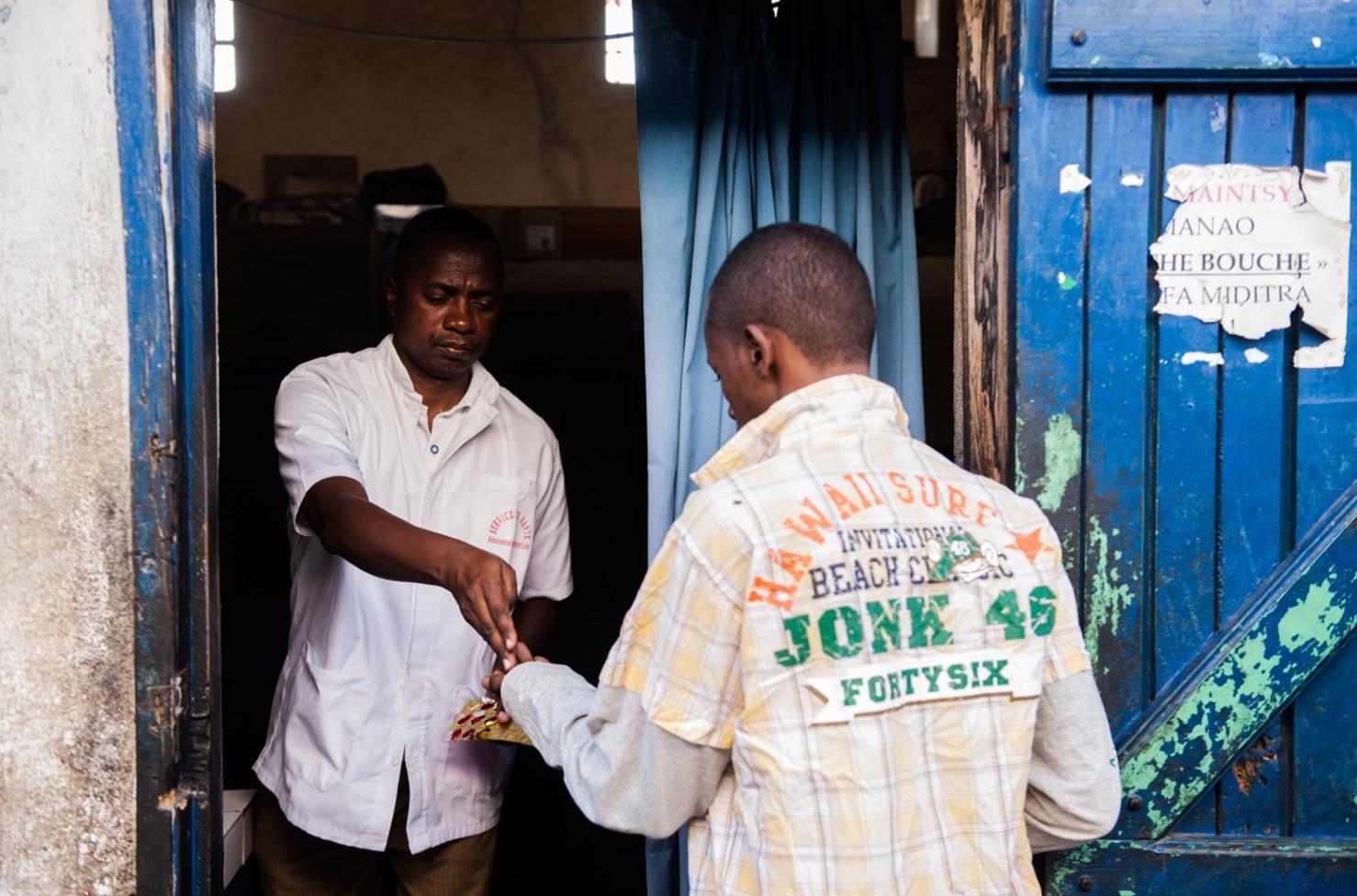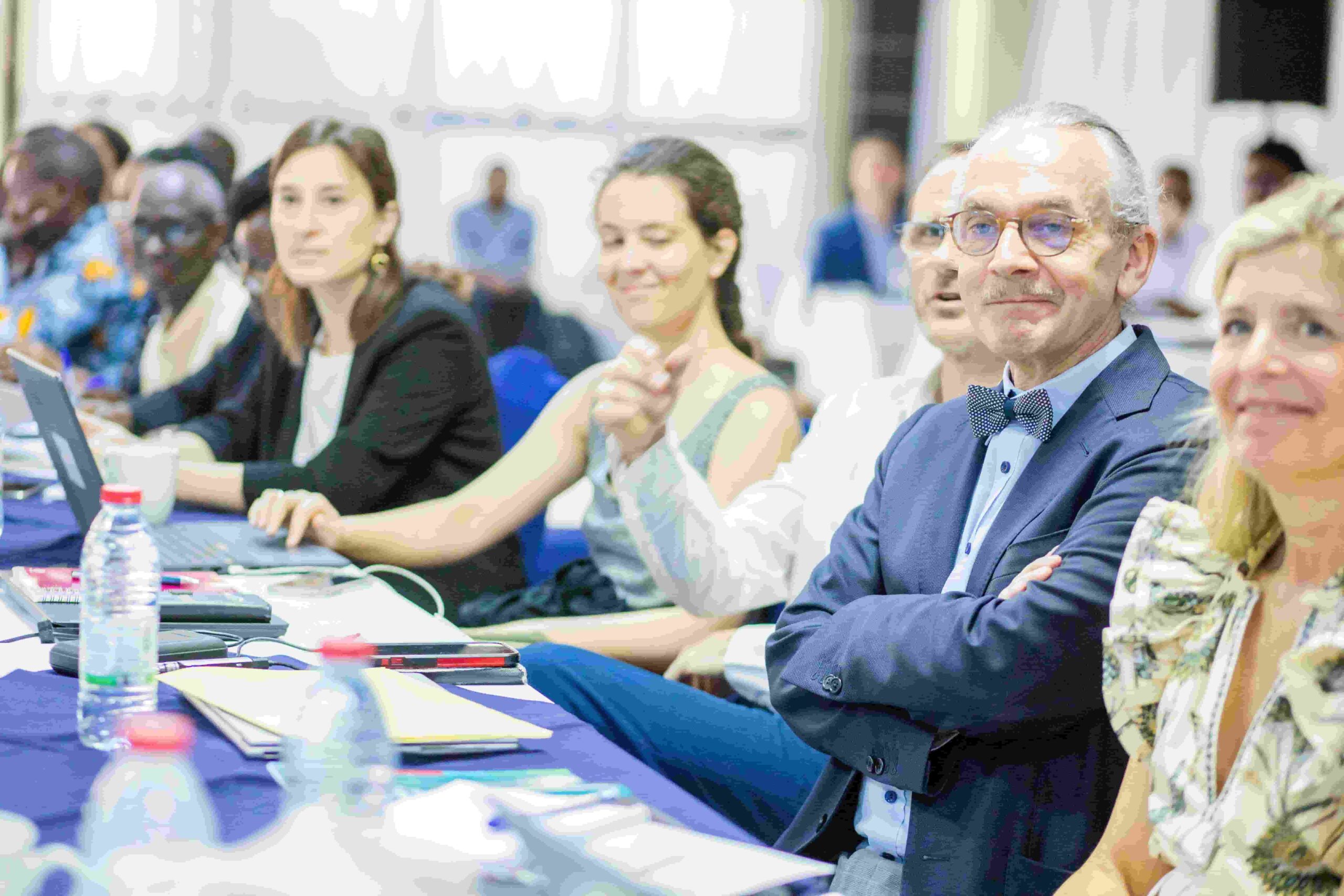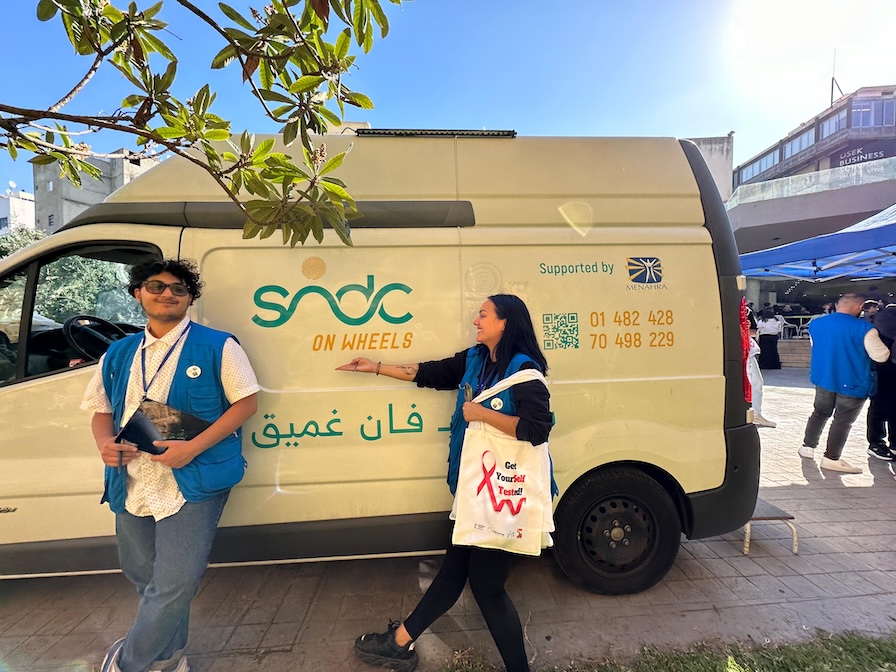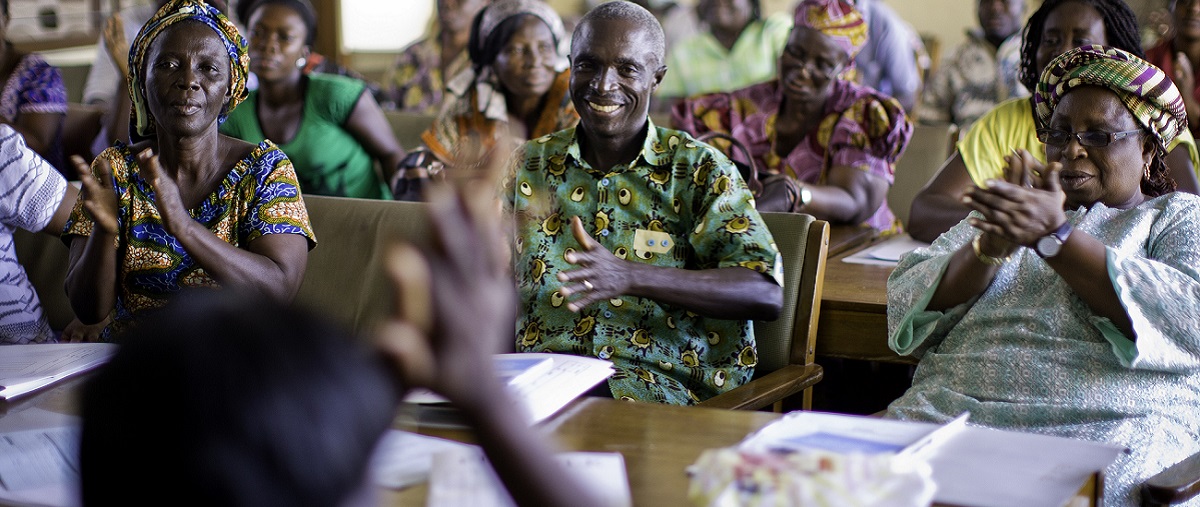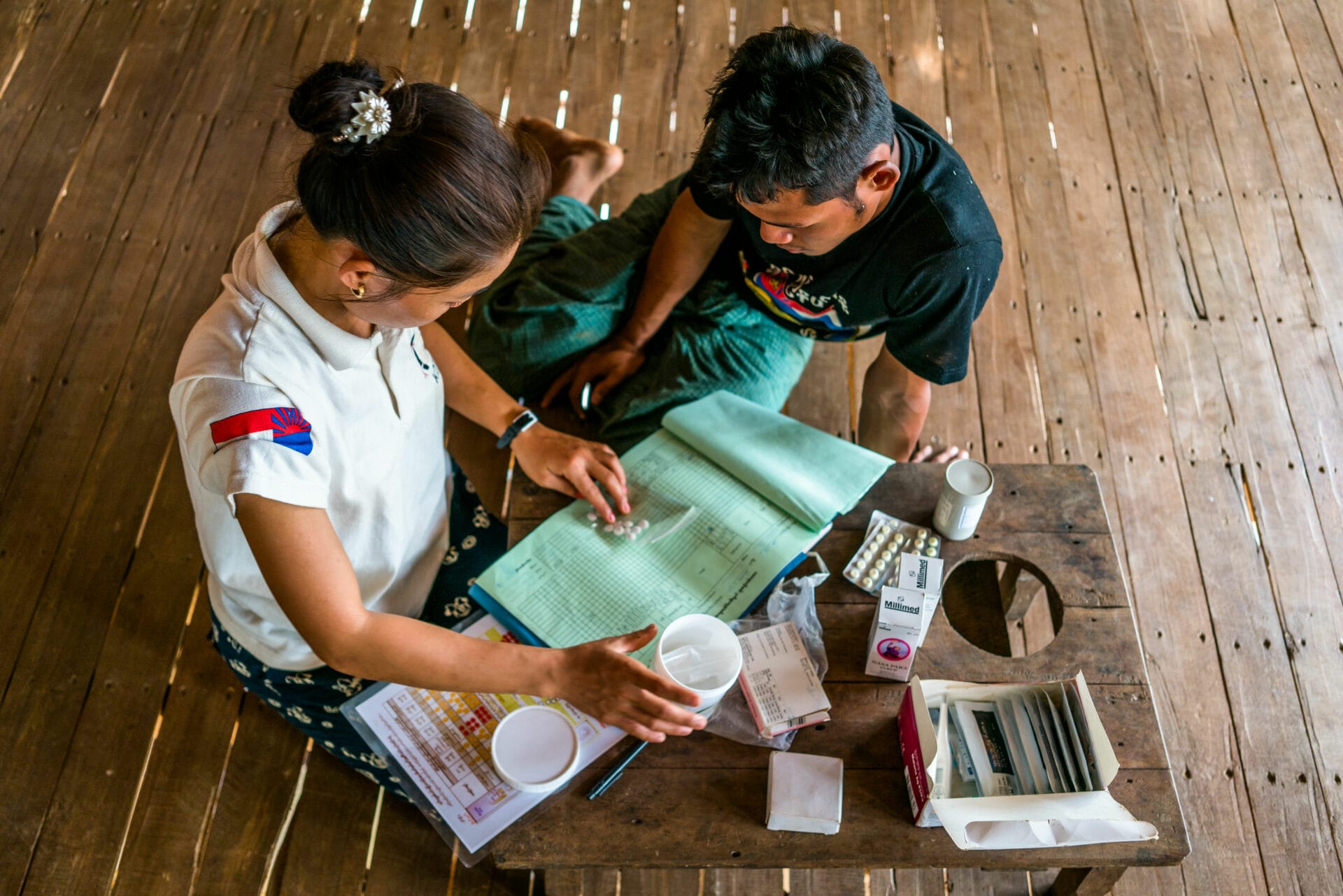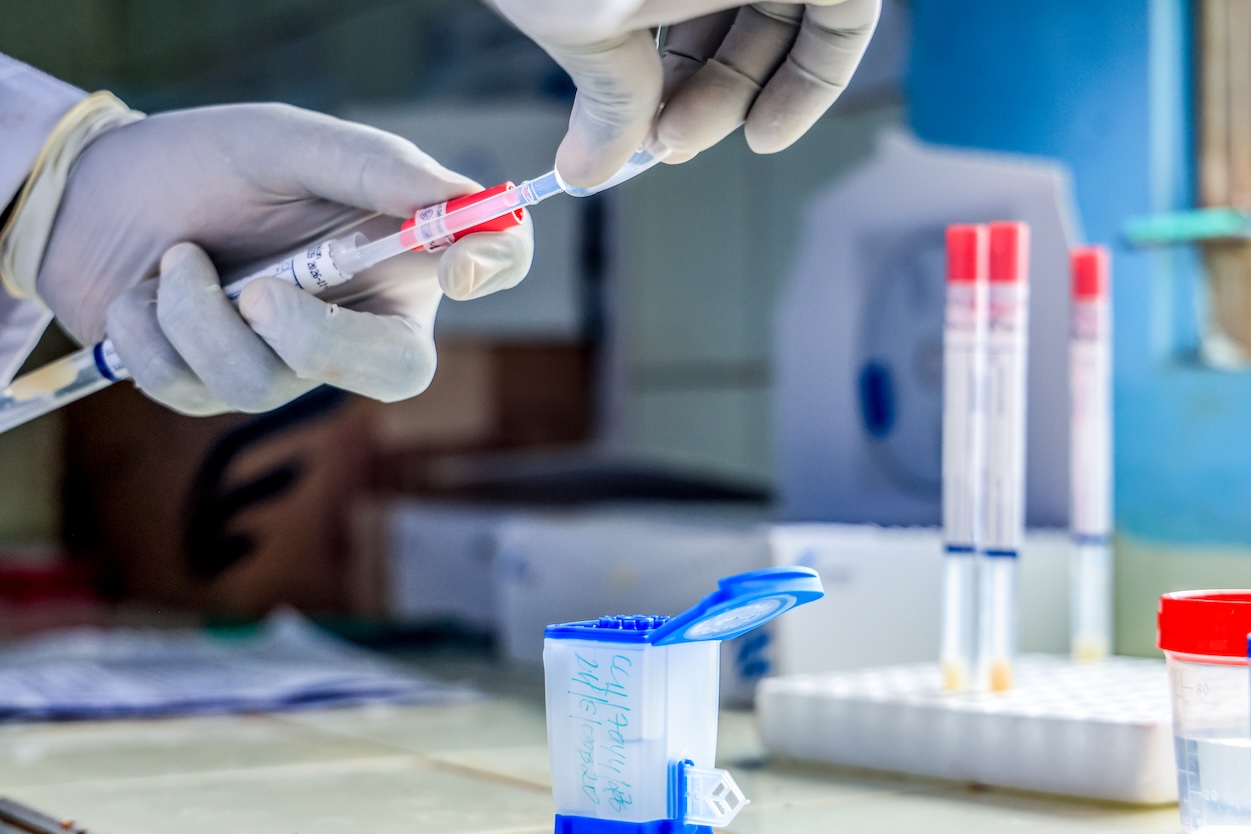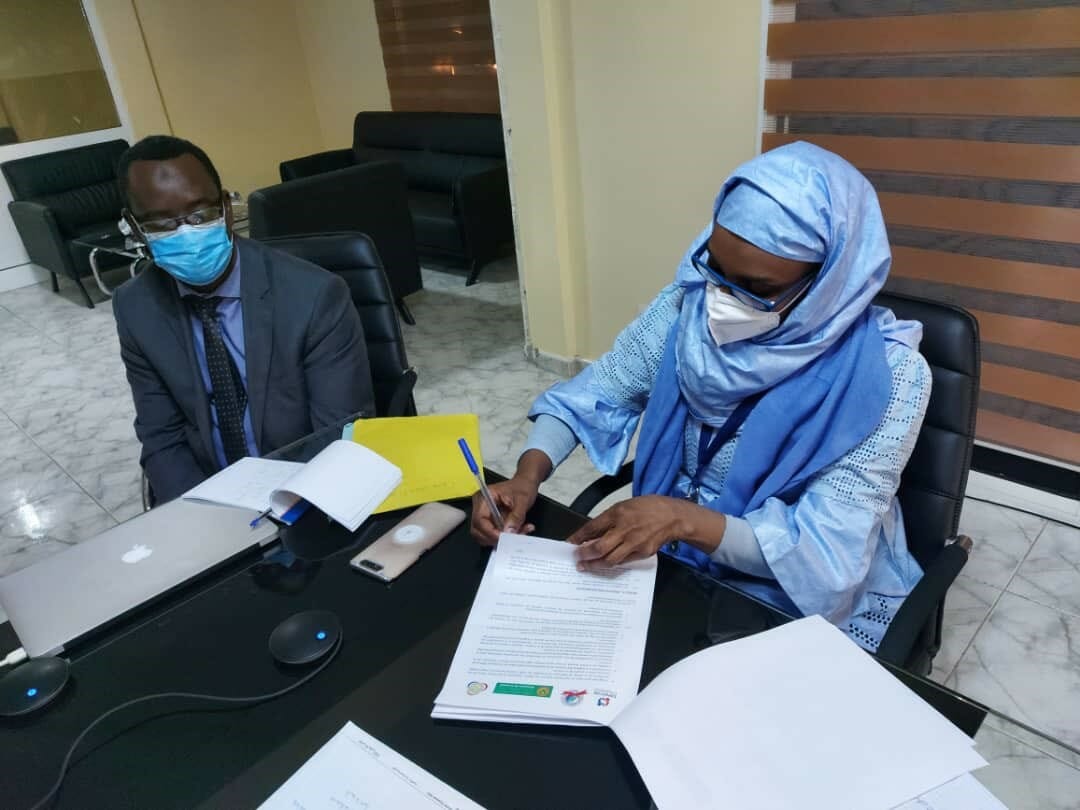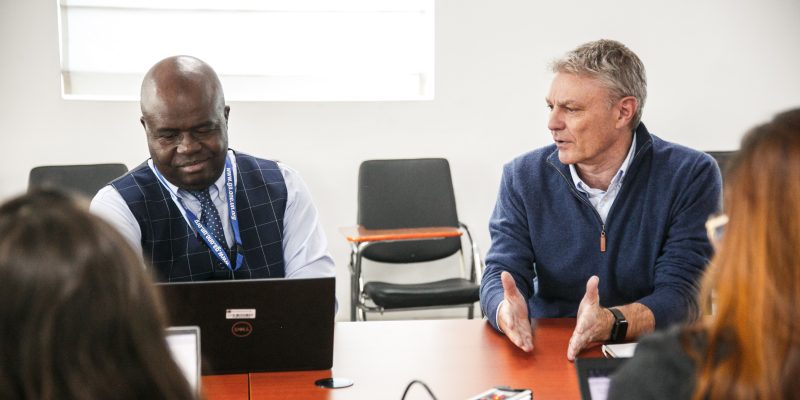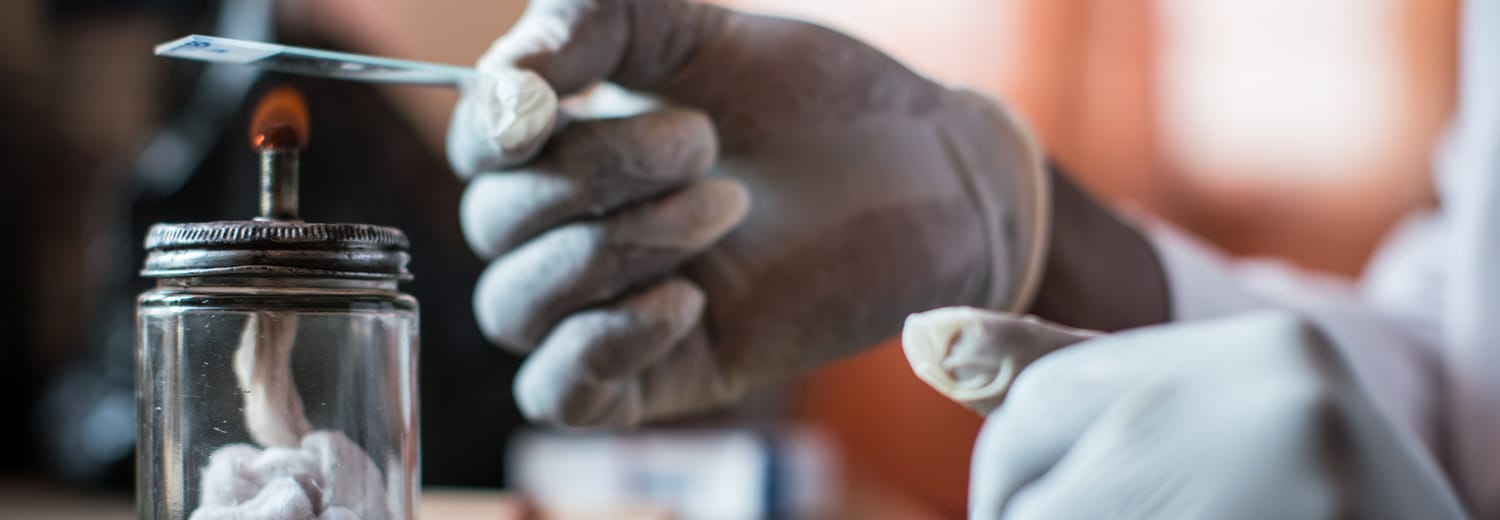World AIDS Day 2025: Standing up to HIV/AIDS
HIV remains a major threat to global public health: in 2024, 40.8 million people were living with HIV. As funding declines and inequalities deepen, L’Initiative reaffirms its commitment to the HIV response, working with countries and community-led organizations to help fulfil the global pledge to end AIDS as a public health threat by 2030.
1.3 million. That is the number of people newly infected with HIV in 2024. With effective antiretroviral treatment and evidence-based HIV prevention, these new infections could have been avoided. Yet all actors in the HIV response are experiencing shrinking human and financial resources. By the end of 2024, USD 18.7 billion was available for the AIDS response in low- and middle-income countries. UNAIDS estimates that USD 21.9 billion per year is required to stay on track to reach the 2030 targets to end AIDS as a public health threat. The freeze of PEPFAR — the United States’ flagship global HIV/AIDS program — is another serious setback to progress towards the global 2030 milestones. The global HIV financing gap could reach 17% if US commitments are not reinstated or compensated.
Sustaining efforts to end AIDS as a public health threat
In this context of health and financial emergency, L’Initiative continues to strengthen HIV prevention, testing, treatment and care, supporting partners and community-led responses that drive progress on the ground.
Doing our part to achieve a world without AIDS
Against HIV, retreat is not an option
Despite significant scientific advances, the global HIV response is facing an unprecedented crisis. Éric Fleutelot, Technical Director for Major Pandemics (Health Department, Expertise France), highlights the urgent need for a strong, coordinated and ambitious global response.
Working with communities to strengthen their role and leadership
L’Initiative strongly believes that community-based and community-led services are essential components of the HIV prevention, testing, treatment and care continuum, particularly in remote or underserved areas. They help uphold the right to health, foster inclusive HIV services, and address local needs more effectively. By supporting community-led organizations—as in Madagascar and Vietnam—L’Initiative promotes community systems strengthening, advocacy and social innovation as key levers of an effective HIV response.
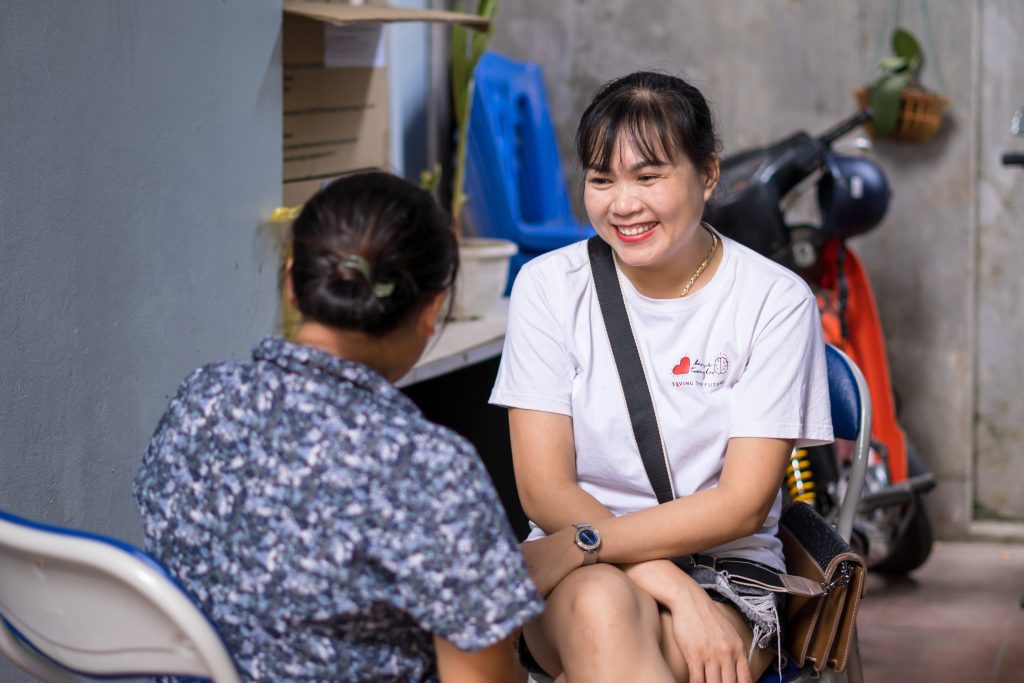
DREAMH: supporting the mental health of people living with HIV in Vietnam through community action
The third phase of the Saving The Future program, the Developing a Reinforced Access to Mental Health Care for Key Populations (DREAMH) project, aims to integrate mental health and addiction services at the heart of the HIV response in Vietnam. The advocacy work and activities of SCDI, the NGO leading the project, have been supported for ten years by L’Initiative. Interview with Nguyễn Minh Trang, program manager
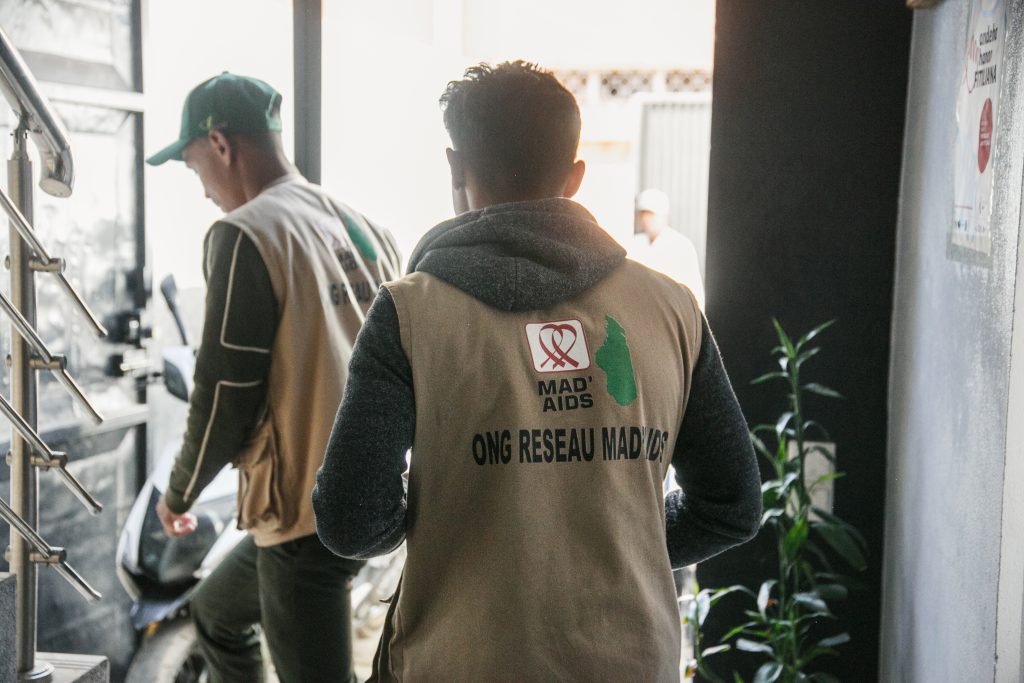
SYCAVI & OPP Mada: the communities’ voice at the heart of the HIV response in Madagascar
In Madagascar, community organizations are coordinating to improve access to care for people living with HIV. A joint interview with two figures who embody this collective dynamic: Ravélohanta Mananarisoa, medical coordinator of the SYCAVI project within AINGA-AIDES, and Johnson Firinga, founding president of MAD’AIDS and president of the umbrella organization OPP Mada.
Advancing equitable access across the HIV care continuum
Ensuring equitable access to HIV prevention, testing, treatment and care, while integrating sexual and reproductive health, human rights and community-led approaches, is a priority for L’Initiative within the framework of France’s 2023–2027 international health strategy. This commitment translates into support for partners providing sexual and reproductive health services, cervical cancer prevention, and community-driven coordination.
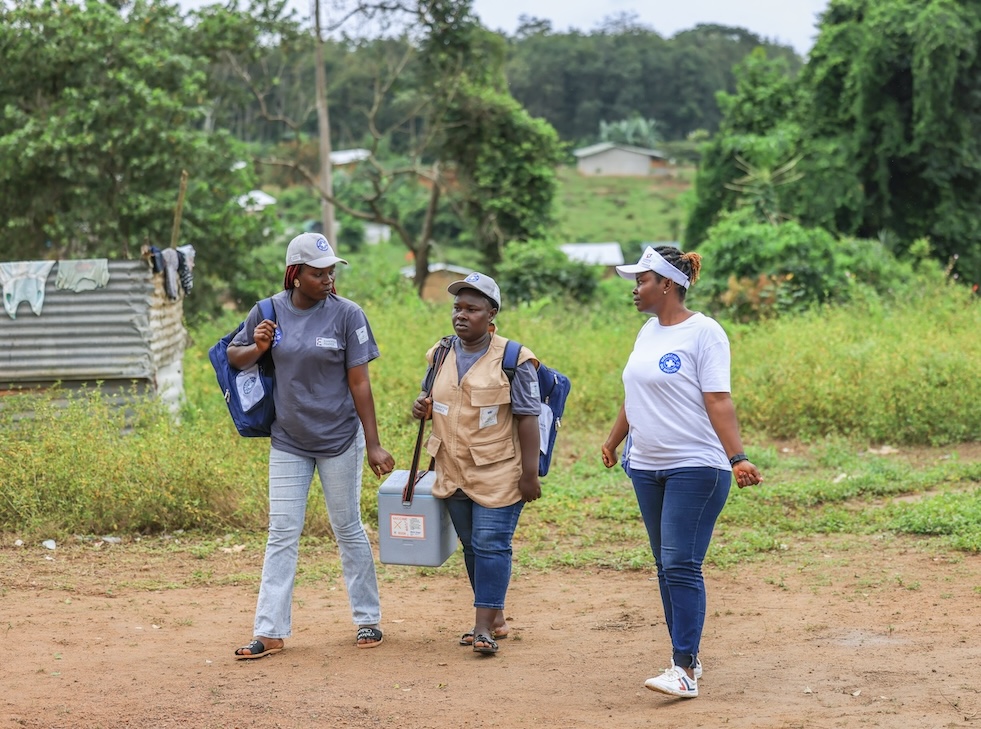
SUCCESS: Preventing HPV to fight cervical cancer
Since 2020, L’Initiative has supported SUCCESS, implemented with Unitaid. The programme aims to reduce cervical cancer through HPV awareness, screening and treatment, especially in low-resource settings. Report from San-Pedro (Côte d’Ivoire) with community health workers.
Ensuring continuity of HIV services across the life course
Living—and ageing—with HIV has become possible thanks to effective treatment. But significant barriers to accessing care and treatment remain. Using a life-course approach, HIV services must adapt to needs from childhood through older age.
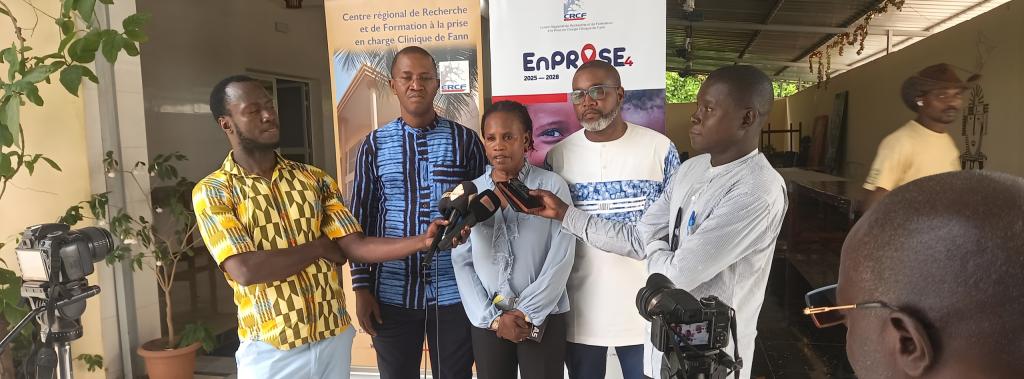
EnPRISE 4 — For more humane, holistic paediatric HIV care
After ten years of investment in pediatric HIV care in Senegal, the EnPRISE 4 project addresses major breaks in the continuum of care among young people. A look back at this analytical model, which links the stages of psychosocial care for children and adolescents living with HIV, with Dr. Karim Diop and Mame Birame Niang.
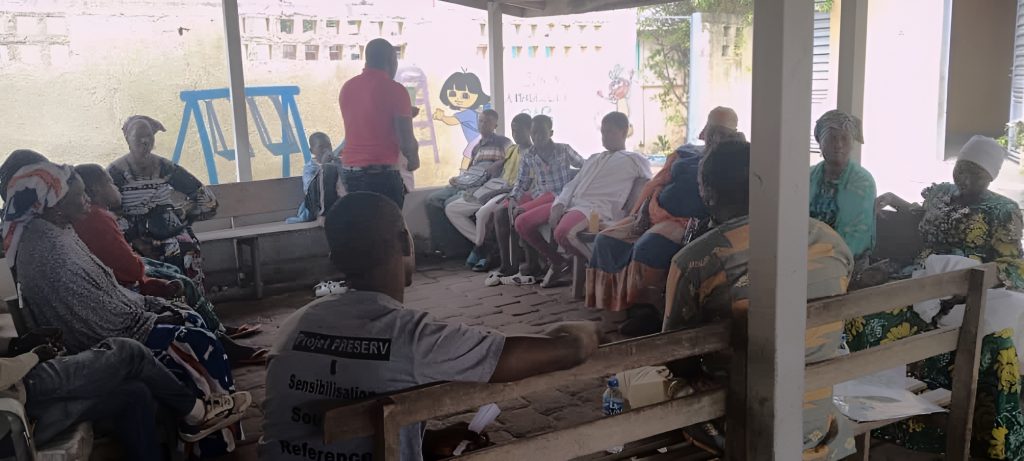
HIV across the life course
Conducted from May 2024 to July 2025, a cross-cutting evaluation examines six projects supporting people living with HIV at every stage of life. It highlights the strategies, challenges, and lessons learned regarding HIV-related issues throughout the life course. Its findings will be presented and discussed during a debate meeting that will bring together the actors involved in the evaluated projects, the evaluators, as well as the team from L’Initiative.
Maintaining HIV services in crisis settings
Continuity of HIV treatment and care is critical. Yet HIV is rarely prioritized in humanitarian crises. Interruptions in antiretroviral therapy and HIV services can severely undermine progress, especially in countries with high HIV burden. L’Initiative works to maintain continuity of HIV services in emergencies and crisis settings.
HIV and humanitarian crises — Rethinking responses, strengthening community action
In humanitarian contexts, health priorities shift and the HIV service delivery continuum is disrupted. L’Initiative and UNAIDS are working to highlight the importance of ensuring continuity of HIV services in crisis settings.
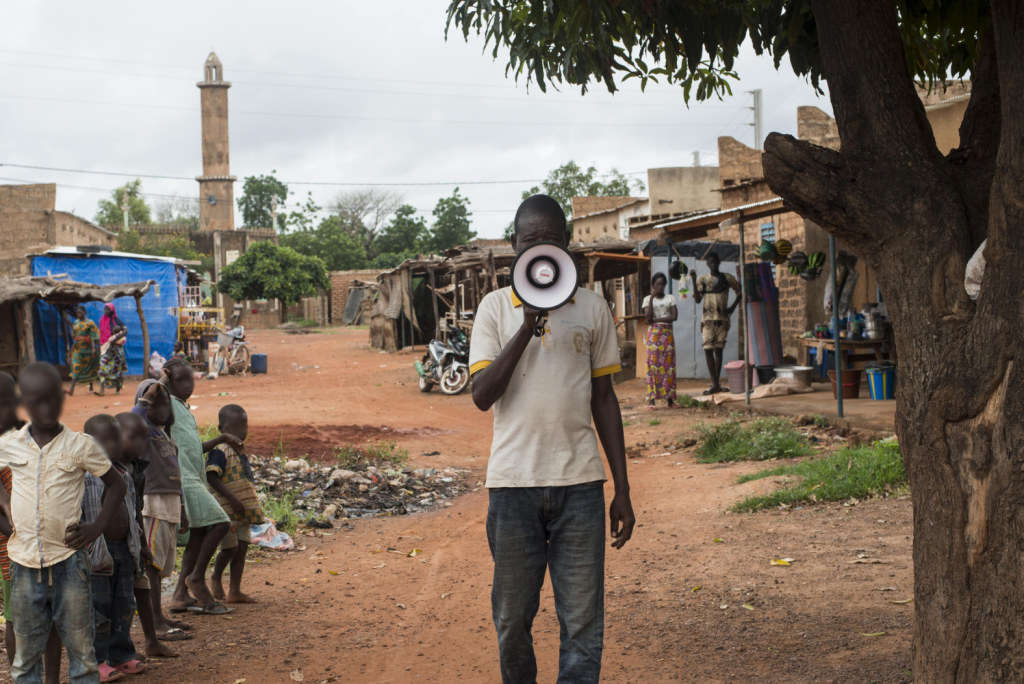
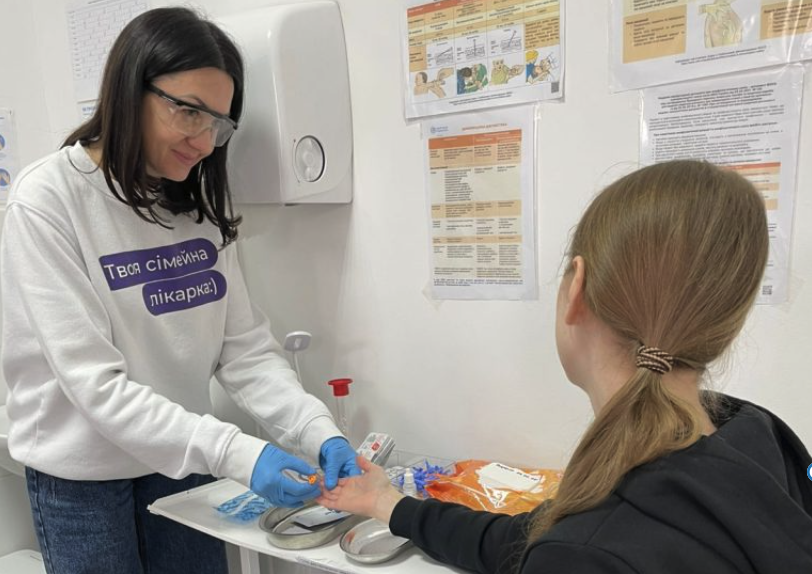
Ukraine: maintaining HIV care in a time of war
In Ukraine, the continuity of HIV services has been severely affected by the conflict with Russia. Access to care is even more fragile for people living with HIV. The NGO 100% Life has established four integrated health centres, supported through the Fight for Life programme, coordinated by Oksana Kyrychok.
